UNUSUAL TEMPERATURE DROP DURING WINTER
입력 2022.11.04 (15:21)
수정 2022.11.04 (16:45)
읽어주기 기능은 크롬기반의
브라우저에서만 사용하실 수 있습니다.
[Anchor Lead]
Seoul's morning temperatures fell to subzero levels on Friday. Winter has yet to begin but it's already quite chilly outside. The reason is the La Nina phenomenon, which has lasted three years in a row now.
[Pkg]
This graphic shows the state of recent seawater temperature. A cold current originating from the depth of the tropical East Pacific is spreading to the west. It's the co-called La Nina phenomenon. Expected to appear this winter as well, it is to be experienced three years consecutively. That's a first within this century. Subsequently, winter in Korea is predicted to be unusually cold this year. So far, La Nina has brought cold, dry winds to the peninsula in early winter. Last year, around Christmas, morning temperatures in Seoul plunged to minus 15 degrees Celsius, resulting in the first early-winter cold spell in 41 years because of La Nina. This winter's cold spells are expected to be even more severe as La Nina will likely spread to the Atlantic Ocean and the Arctic as well. Because of the phenomenon, water temperatures in the Gulf Stream in the Atlantic Ocean are 3 degrees higher than in previous years. The warmer current triggers low atmospheric pressure, making cold spells originate in the Arctic.
[Soundbite] Prof. Kim Baek-min(Pukyong Nat'l University) : "When low pressure enters the Arctic, temperatures there go up, resulting in frequent cold spells in Korea and North America. This year is going to be more distinct than in previous years."
The area of Arctic ice is currently the eighth smallest recorded thus far. The Kara and Barents seas, which impact Korea's climate in winter, are not freezing anymore.
[Soundbite] Park Mi-young(Korea Meteorological Administration) : "If there is less ice on the Kara and Barents seas, Korea will highly likely be hit by cold air in November and December."
With cold spells predicted to begin early this winter, thorough preparations for disasters, which have become increasingly diverse in form, are especially urgent.
Seoul's morning temperatures fell to subzero levels on Friday. Winter has yet to begin but it's already quite chilly outside. The reason is the La Nina phenomenon, which has lasted three years in a row now.
[Pkg]
This graphic shows the state of recent seawater temperature. A cold current originating from the depth of the tropical East Pacific is spreading to the west. It's the co-called La Nina phenomenon. Expected to appear this winter as well, it is to be experienced three years consecutively. That's a first within this century. Subsequently, winter in Korea is predicted to be unusually cold this year. So far, La Nina has brought cold, dry winds to the peninsula in early winter. Last year, around Christmas, morning temperatures in Seoul plunged to minus 15 degrees Celsius, resulting in the first early-winter cold spell in 41 years because of La Nina. This winter's cold spells are expected to be even more severe as La Nina will likely spread to the Atlantic Ocean and the Arctic as well. Because of the phenomenon, water temperatures in the Gulf Stream in the Atlantic Ocean are 3 degrees higher than in previous years. The warmer current triggers low atmospheric pressure, making cold spells originate in the Arctic.
[Soundbite] Prof. Kim Baek-min(Pukyong Nat'l University) : "When low pressure enters the Arctic, temperatures there go up, resulting in frequent cold spells in Korea and North America. This year is going to be more distinct than in previous years."
The area of Arctic ice is currently the eighth smallest recorded thus far. The Kara and Barents seas, which impact Korea's climate in winter, are not freezing anymore.
[Soundbite] Park Mi-young(Korea Meteorological Administration) : "If there is less ice on the Kara and Barents seas, Korea will highly likely be hit by cold air in November and December."
With cold spells predicted to begin early this winter, thorough preparations for disasters, which have become increasingly diverse in form, are especially urgent.
■ 제보하기
▷ 카카오톡 : 'KBS제보' 검색, 채널 추가
▷ 전화 : 02-781-1234, 4444
▷ 이메일 : kbs1234@kbs.co.kr
▷ 유튜브, 네이버, 카카오에서도 KBS뉴스를 구독해주세요!
- UNUSUAL TEMPERATURE DROP DURING WINTER
-
- 입력 2022-11-04 15:21:16
- 수정2022-11-04 16:45:05
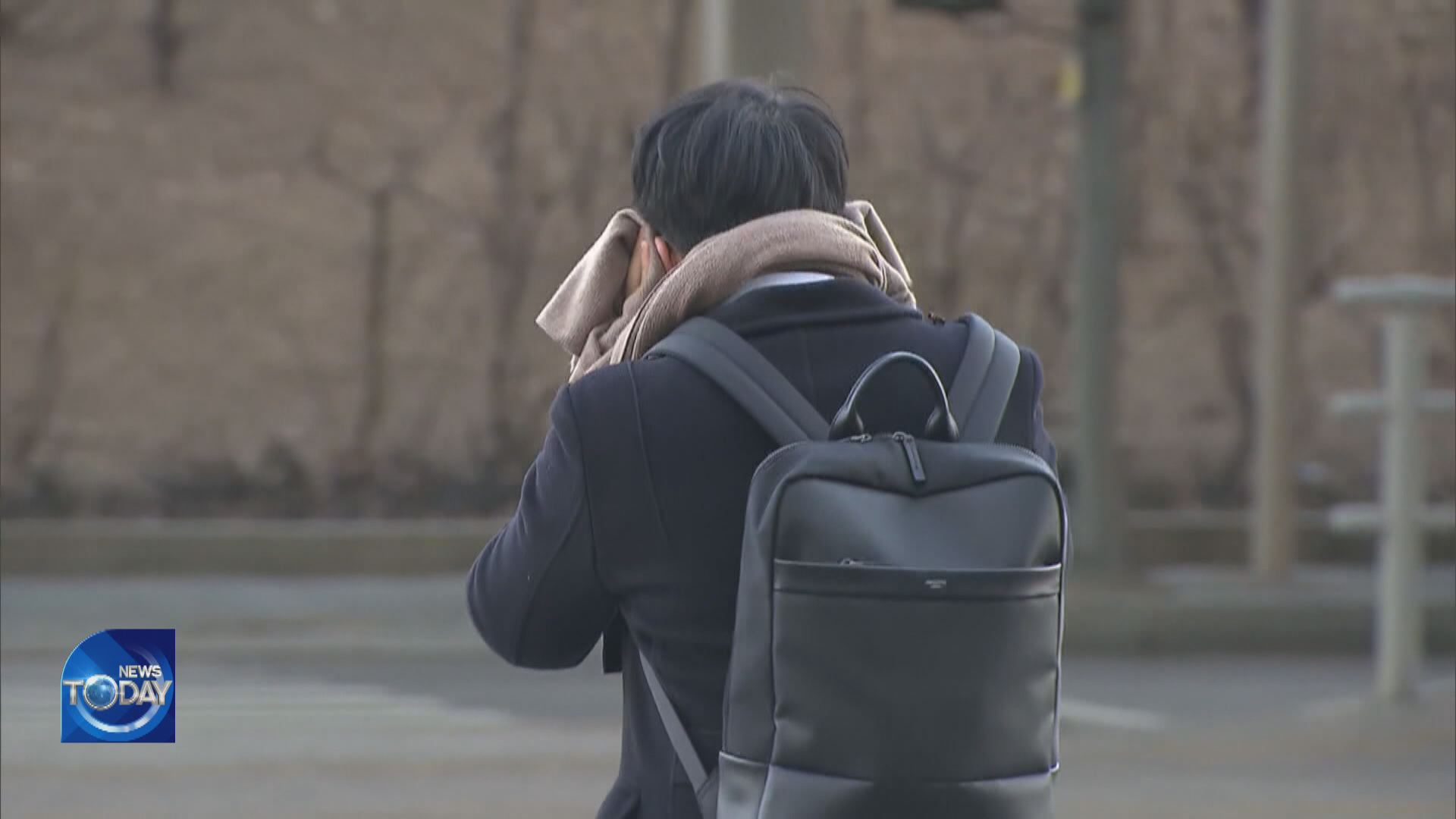
[Anchor Lead]
Seoul's morning temperatures fell to subzero levels on Friday. Winter has yet to begin but it's already quite chilly outside. The reason is the La Nina phenomenon, which has lasted three years in a row now.
[Pkg]
This graphic shows the state of recent seawater temperature. A cold current originating from the depth of the tropical East Pacific is spreading to the west. It's the co-called La Nina phenomenon. Expected to appear this winter as well, it is to be experienced three years consecutively. That's a first within this century. Subsequently, winter in Korea is predicted to be unusually cold this year. So far, La Nina has brought cold, dry winds to the peninsula in early winter. Last year, around Christmas, morning temperatures in Seoul plunged to minus 15 degrees Celsius, resulting in the first early-winter cold spell in 41 years because of La Nina. This winter's cold spells are expected to be even more severe as La Nina will likely spread to the Atlantic Ocean and the Arctic as well. Because of the phenomenon, water temperatures in the Gulf Stream in the Atlantic Ocean are 3 degrees higher than in previous years. The warmer current triggers low atmospheric pressure, making cold spells originate in the Arctic.
[Soundbite] Prof. Kim Baek-min(Pukyong Nat'l University) : "When low pressure enters the Arctic, temperatures there go up, resulting in frequent cold spells in Korea and North America. This year is going to be more distinct than in previous years."
The area of Arctic ice is currently the eighth smallest recorded thus far. The Kara and Barents seas, which impact Korea's climate in winter, are not freezing anymore.
[Soundbite] Park Mi-young(Korea Meteorological Administration) : "If there is less ice on the Kara and Barents seas, Korea will highly likely be hit by cold air in November and December."
With cold spells predicted to begin early this winter, thorough preparations for disasters, which have become increasingly diverse in form, are especially urgent.
Seoul's morning temperatures fell to subzero levels on Friday. Winter has yet to begin but it's already quite chilly outside. The reason is the La Nina phenomenon, which has lasted three years in a row now.
[Pkg]
This graphic shows the state of recent seawater temperature. A cold current originating from the depth of the tropical East Pacific is spreading to the west. It's the co-called La Nina phenomenon. Expected to appear this winter as well, it is to be experienced three years consecutively. That's a first within this century. Subsequently, winter in Korea is predicted to be unusually cold this year. So far, La Nina has brought cold, dry winds to the peninsula in early winter. Last year, around Christmas, morning temperatures in Seoul plunged to minus 15 degrees Celsius, resulting in the first early-winter cold spell in 41 years because of La Nina. This winter's cold spells are expected to be even more severe as La Nina will likely spread to the Atlantic Ocean and the Arctic as well. Because of the phenomenon, water temperatures in the Gulf Stream in the Atlantic Ocean are 3 degrees higher than in previous years. The warmer current triggers low atmospheric pressure, making cold spells originate in the Arctic.
[Soundbite] Prof. Kim Baek-min(Pukyong Nat'l University) : "When low pressure enters the Arctic, temperatures there go up, resulting in frequent cold spells in Korea and North America. This year is going to be more distinct than in previous years."
The area of Arctic ice is currently the eighth smallest recorded thus far. The Kara and Barents seas, which impact Korea's climate in winter, are not freezing anymore.
[Soundbite] Park Mi-young(Korea Meteorological Administration) : "If there is less ice on the Kara and Barents seas, Korea will highly likely be hit by cold air in November and December."
With cold spells predicted to begin early this winter, thorough preparations for disasters, which have become increasingly diverse in form, are especially urgent.
이 기사가 좋으셨다면
-
좋아요
0
-
응원해요
0
-
후속 원해요
0










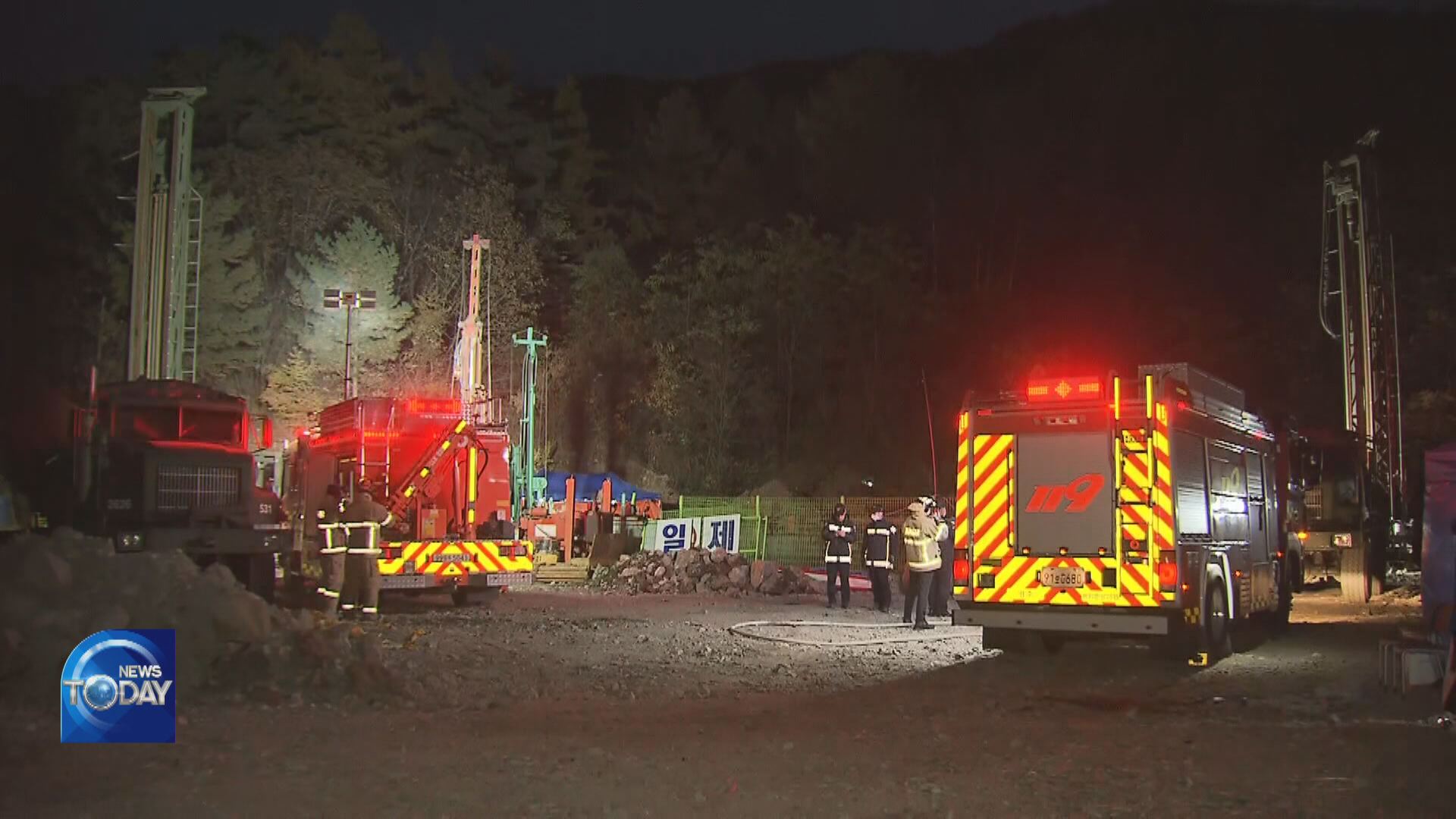
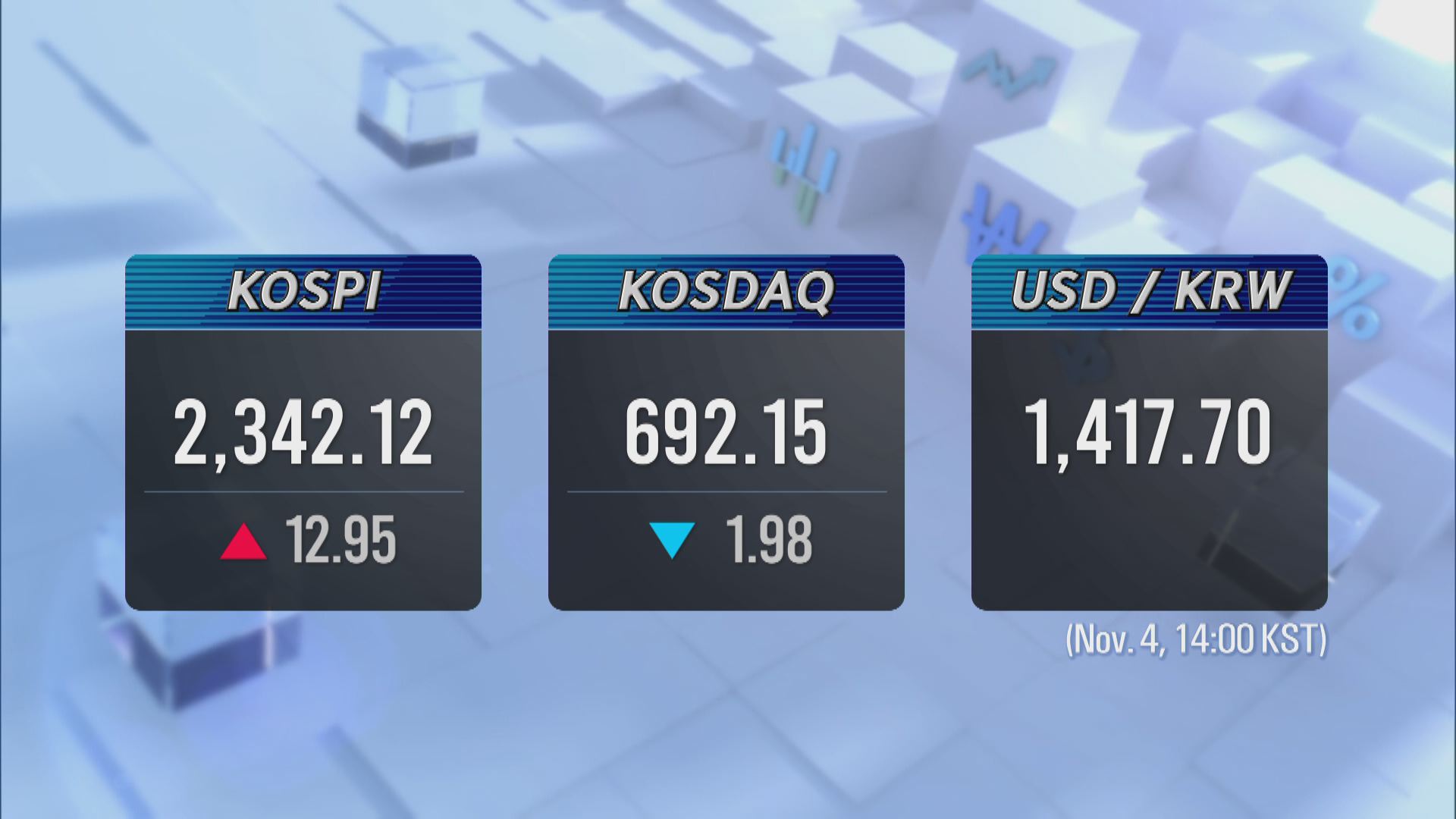
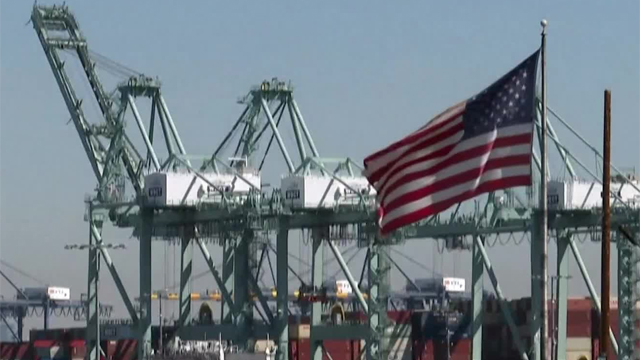
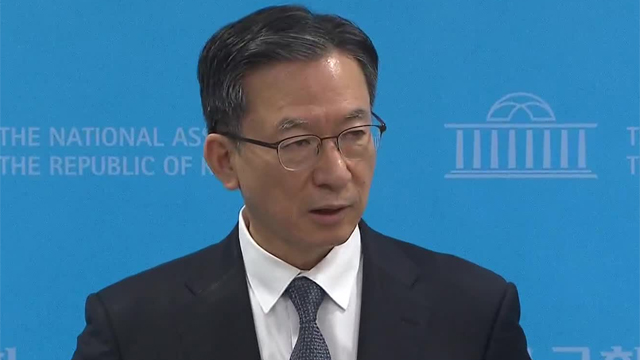



이 기사에 대한 의견을 남겨주세요.